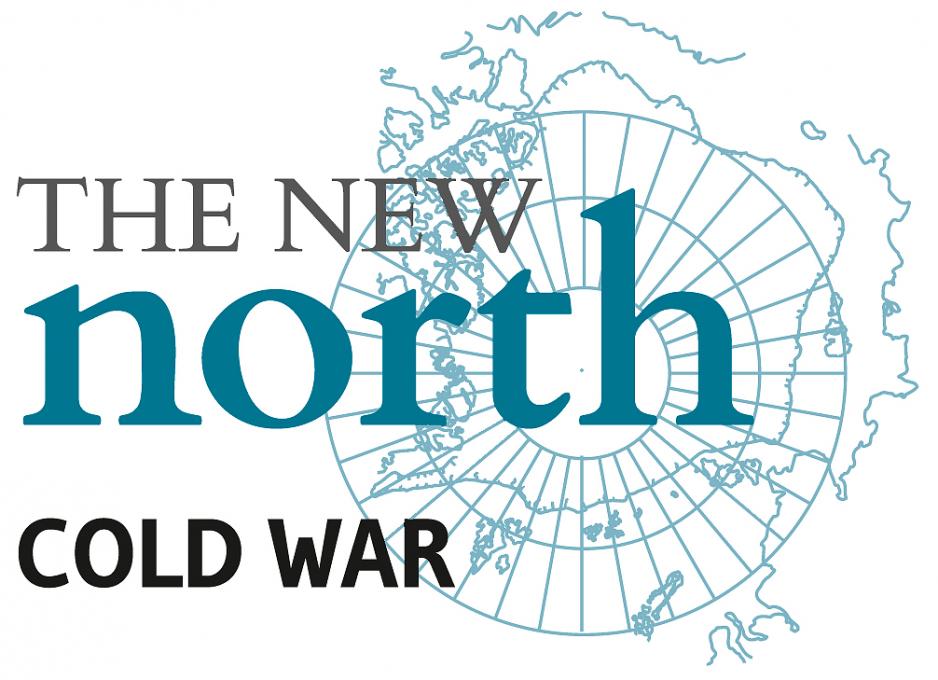Germany: - Mistrust growing on both sides

- In the big picture, the situation in the region has definitely become more confrontational and suspicion has risen on both sides, says Jonas Kassow, researcher at the German Council on Foreign Relations (DGAP) in Berlin.
Klikk her for norsk versjon.
- The Ukraine Crisis was a game changer and the situation in the Arctic, either we are talking about conflict, can be divided into a “before” and “after” Ukraine, Kassow says.
The driver of this deterioration is not Arctic-inherent, he says. It is driven by events further south.
Council with a limited mandate
Jonas Kassow thinks the idea of the Arctic as an isolated area, or special zone, is crumbling, and adds that the Arctic Council only has a limited mandate to tackle “strategic” questions.
- Cooperation still prevails. Increasingly, however, developments from further South have an impact on the Arctic, he elaborates.
- Have we already slid into a new Cold War, or are we heading towards it? High North News has asked experts from nine different countries, encompassing the entire circumpolar region. The question polarized respondents.
Click here to read the articles we have published so far.
Stefan Steinicke, Fellow at the Research Division for EU/Europe at the German Institute for International and Security Affairs (SWP), says:
- The Cold War is a big statement – maybe too big. Yet the pendulum is swinging from cooperation more towards confrontation. A new divide is emerging between Euro-Atlantic states, on the one side, and Russia on the other. Mistrust between the sides is growing.
Emerging Security Dilemma
- The mistrust, however, does not steam from actions in the Arctic primarily, but from global developments. Russia fears Western steps to promote democracy movements in foreign countries in general, and a colour revolution in Russia in particular. The Euro-Atlantic states, on the other hand, view Russian action in Crimea and Syria with growing concern. As a result, mistrust is growing, he says.
- Against this background, renewed military activities in the Arctic are perceived as a growing threat by both sides. Miscalculations and an emerging security dilemma are the consequence. These developments are early indications of a road that could lead towards a new and more fundamental confrontation. However, it is still a long way to come to the conclusion that a new Cold War has materialized, Steinicke says.
- Unilateral and reciprocal muscle-flexing below the actual threshold of escalation, as well as the deployment of forces and demonstration of force in various forms, can be interpreted as a growing conflictual situation – but still the situation can hardly be compared to the Cold War. In the Cold War, the confrontation was large-scale, extensive and absolute, with the parallel downgrading of other issue areas, says Golo Bartsch, Desk Officer for European Affairs at Germany’s Federal Ministry of Defence.
Bartsch wants to make it clear that he speaks in a personal manner, and that his statements cannot be linked under any circumstances to his official position at the German Federal Ministry of Defence.
He continues:
- Today, even though the military lines are hardened, other issue areas – for example environment and economy - are driven by internationalization and globalization, drivers that are still much stronger than national walling-off. Especially Russian military presence in the Arctic is still more a “show of force” issue than anything else, underlining the Russian intention to be recognized as a major Arctic power – a role that is not at all doubted in the West.
- One should be cautious about the phrase “Cold War” as it indicates that two equal powers face each other. With all due respect for the Russian military´s modernization and the development of capabilities in both regular and irregular warfare, Russia, can hardly be defined as a “superpower” in a 20th century Cold War sense.
Don´t miss the upcoming articles in our New North series - sign up for our newsletter:
Facts:
The Cold War was a period of ideological confrontation between the former Soviet Union and Western countries. It began after World War II and ended with the collapse of the Soviet-led communist camp in the early 1990s.
Forurty-five years of tension were characterized by espionage and proxy wars involving client states - all undertaken with the knowledge or fear of the nuclear catastrophe that actual war would bring.
The NATO alliance was established in 1949 to protect Western countries.

The New North series is made by:
Hege Eilertsen
Arne Finne
Linda Storholm
Arne O. Holm
Andreas Raspotnik
Andreas Østhagen
Berit Enge



